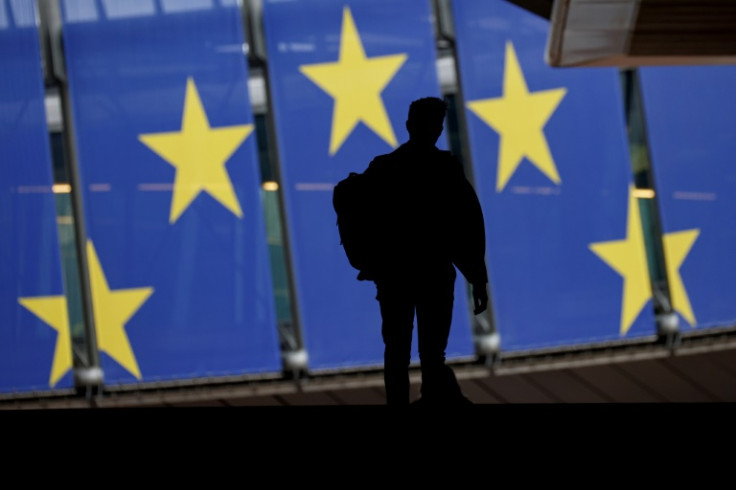
The European Parliament on Thursday approved a one-year delay on implementing the bloc's sweeping anti-deforestation rules but also voted to loosen some requirements -- raising fresh uncertainty over the landmark law.
The move triggered an outcry from environmental groups, which accused lawmakers of adding loopholes to a bill hailed as a major breakthrough in the fight to protect nature and combat climate change.
"It's a dark day for Europe's environmental credentials," said Julian Oram, policy director at advocacy group Mighty Earth. Global Witness said lawmakers had taken a "chainsaw" to the deforestation ban.
Parliament was called to sign off on a delay requested by the European Commission following pressure from trading partners such as Brazil and the United States, and some member states including Germany.
But lawmakers on the right used the vote to bring new amendments, passed with support from both right-wing and far-right groups.
Centrist lawmaker Yvan Verougstraete said the amendments had emptied the bill of its substance and could for instance see China -- a major contributor to global deforestation -- relieved of "all obligations".
Environmentalists said the changes would amount to exempting some EU nations entirely from the scope of the law.
The amendments de facto restart the legislative process, as the new text needs to be re-discussed by the commission and member states.
But environmental groups are calling on the former to pull the plug on the process by withdrawing its initial postponement request.
"The European Commission should never have opened the door to this chaos in the first place, and must now withdraw its proposal to prevent further damage. The world's forests cannot wait," said Greenpeace EU forest policy director Sebastien Risso.
A spokesman for the EU executive said "the commission needs to analyse the result of the vote before taking a position.
"For now we have taken note" he added.
The legislation prohibits a vast range of goods -- from coffee to cocoa, soy, timber, palm oil, cattle, printing paper and rubber -- if produced using land that was deforested after December 2020.
Firms importing the merchandise in question to the 27-nation EU would be responsible for tracking their supply chains to prove goods did not originate from deforested zones, relying on geolocation and satellite data.
Exporting countries considered high-risk would have at least nine percent of products sent to the EU subjected to checks, with the proportion falling for lower-risk ones.
Among the amendments introduced Thursday was the creation of a "no risk" category that would see products from some countries -- such as Germany -- face virtually no scrutiny.
Lawmaker Celine Imart of the centre-right EPP group, which proposed the changes, said this was to ensure that European companies were not unfairly penalised by excessive administrative burdens.
"It is crucial that the obligations apply primarily to those who are really responsible for deforestation on a global scale," she said, adding that forests had expanded in Europe in recent decades.
Yet Julia Christian, a campaigner at environmental group Fern, said it was the equivalent of giving "EU forested countries a free pass".
"The message to the rest of the world is unmistakable: you must stop destroying your forests, but the EU won't end the widespread degradation afflicting its forests," she said.
EU imports are responsible for 16 percent of global deforestation, according to WWF data.
Forests absorb carbon and are a vital element in fighting climate change. They are also critical for the survival of endangered plants and animals, such as orangutans and lowland gorillas.
The EU ban was initially set to take effect at the end of this year.
The commission proposed a delay in October after countries in Asia, Africa and the Americas complained that the rules increased production and export costs, especially for smallholders.
Others had objected that the EU was late to issue compliance guidelines as well as a clear benchmarking system to divide countries into different risk categories.







